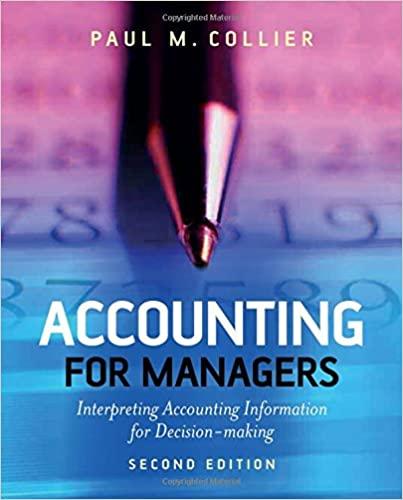Question
A partnership is not a separate tax entity from its owners; instead, it's what the IRS calls a pass-through entity. This means: Group of answer
A partnership is not a separate tax entity from its owners; instead, it's what the IRS calls a "pass-through entity." This means:
Group of answer choices
A) the partnership itself does not pay any income taxes on profits. Business income simply "passes through" the business to the partners, who report their share of profits (or losses) on their individual income tax returns. In addition, each partner must make quarterly estimated tax payments to the IRS each year.
B) the partnership itself does pay income taxes on profits. Business income does not simply "passes through" the business to the partners. The partnership must pay all taxes itself.. In addition, the partnership must make quarterly estimated tax payments to the IRS each year.
C) the partnership itself does not pay any income taxes on profits. Business income simply "passes through" the business to the partners, who do not have to even report their share of profits (or losses) on their individual income tax returns. In addition, each partner is now exempt from making quarterly estimated tax payments to the IRS each year.
D) the partnership itself does pay all income taxes on profits. Business income simply "passes through" the business to the partners, who then also have to report their share of profits (or losses) on their individual income tax returns. In addition, each partner now must make quarterly estimated tax payments to the IRS each year.This is called double taxation.
Step by Step Solution
There are 3 Steps involved in it
Step: 1

Get Instant Access to Expert-Tailored Solutions
See step-by-step solutions with expert insights and AI powered tools for academic success
Step: 2

Step: 3

Ace Your Homework with AI
Get the answers you need in no time with our AI-driven, step-by-step assistance
Get Started


